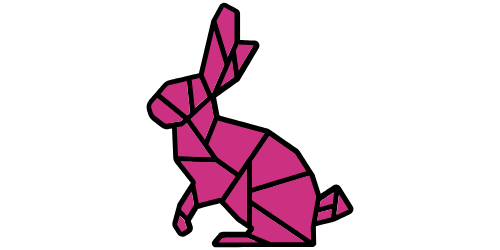The End of Work: When Jobs Become Hobbies and AI Runs the World
Share
For most of human history, people worked because there was no other choice. Hunting, harvesting, and the daily grind of survival weren’t optional; they were the conditions of life itself. Work wasn’t about personal fulfillment or ambition—it was simply how we stayed alive.
But what happens when that fundamental reason to work disappears? Imagine a world in which advanced AI agents and unlimited, inexpensive energy can perform almost every task we currently define as a “job.” In such a reality, the link between labor and survival is broken. Here’s the surprising part: work itself will still exist. But jobs, as we know them, may vanish entirely.
AI Agents Change the Game
To understand why, consider what AI agents are becoming: entities that are infinitely scalable, capable of reasoning and learning far beyond human limits, and able to operate at a speed no human team could match on its best day. Now give these systems access to abundant, essentially free energy.
The traditional economic constraints—the scarcity of skilled labor and the cost of power—collapse in this scenario. Without these bottlenecks, the entire structure of work shifts. For the first time in history, participating in the workforce will not be a requirement for survival. Instead, it will be an option, more akin to a hobby or personal pursuit than an obligation.
How We Got Here: The AI Relay Race
This change doesn’t mean humans will disappear from the process. It means our roles will evolve into the few areas where we add the most value. The future of work could look like a relay race between humans and AI, with each side playing to its strengths.
Humans will set the vision—defining the problem, outlining the goals, and framing the big picture. AI will then take over the heavy lifting, executing tasks instantly, flawlessly, and at scale. Humans will step back in to fine-tune, make creative adjustments, and provide contextual understanding that AI still lacks. Finally, we will validate and polish the finished product before releasing it into the world.
In this model, the productivity of a single person could match—or exceed—what once required an entire company.
When Work Is No Longer About Survival
If AI replaces entire industries and energy becomes abundant, the consequences will reach far beyond the workplace. Basic needs such as food, housing, and healthcare could become cheap or even free. The traditional 9-to-5 workday would disappear. Professions, as we currently understand them, would give way to pursuits chosen for personal fulfillment rather than necessity.
Some people will still choose to “work,” but their motivation will come from passion, curiosity, and the satisfaction of building or solving problems—not from the fear of going without. In a sense, the future could resemble an extended renaissance, with human creativity no longer constrained by the demands of survival.
The Challenge: Finding Purpose Without a Paycheck
History shows that work has always been about more than survival. Aristotle observed that pleasure in the job brings perfection in the work. Stephen Hawking believed that work gives life meaning and purpose. Viktor Frankl noted that life becomes unbearable not because of circumstances, but because of a lack of meaning.
When survival is no longer the motivator, we will face a deeper, more personal challenge: how to define meaning for ourselves. For generations, our answer has been to earn a living. Without that, purpose becomes something each person must actively construct.
A Golden Age—But Only for the Ready
This future isn’t a utopia; it’s simply the next logical step. AI, combined with limitless power, will free humanity from survival mode. But there’s a catch. We have spent centuries tying our identities to job titles, promotions, and the culture of constant hustle. When that framework disappears, many will find themselves struggling to answer a basic question: Who am I without my work?
Those who can adapt—who embrace the freedom to become creators, thinkers, and explorers—will flourish. Those who cannot may feel adrift in a world that no longer needs their old role.
Which Side Will You Be On?
The AI-powered future isn’t coming from the horizon; it’s already knocking at the door. The question is whether we will open it or hide behind the familiar routines of the past.
Will this shift be the best thing that has ever happened to humanity—or the worst? The answer depends entirely on how ready we are to rethink what it means to live a meaningful life when survival is no longer at stake.




